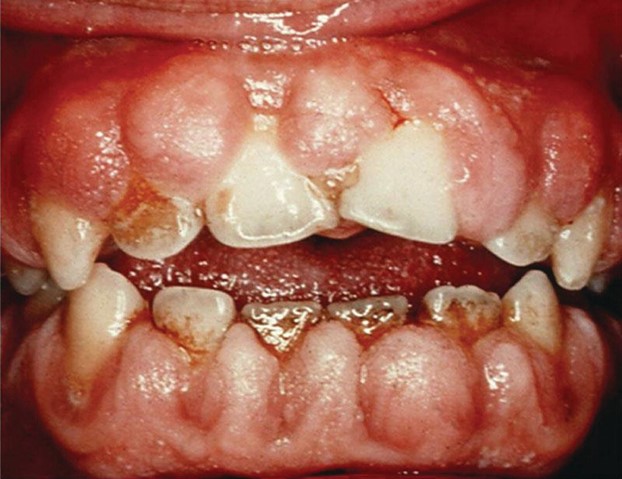A nurse is teaching a client who has a new prescription for colesevelam powder for oral suspension. The nurse should include which of the following instructions?
"Take the medication on an empty stomach.”.
"Increase fiber in your diet.”.
"Discard the oral suspension if it is cloudy after mixing.”.
"Avoid drinking grapefruit juice.".
The Correct Answer is C
Choice A rationale:
Taking colesevelam on an empty stomach is not necessary. This medication can be taken with food to reduce gastrointestinal side effects.
Choice B rationale:
Increasing fiber in the diet is generally beneficial for bowel health, but it is not specific to the use of colesevelam powder for oral suspension.
Choice C rationale:
This is the correct answer because if the oral suspension of colesevelam is cloudy after mixing, it indicates that the medication may have degraded or is not suitable for consumption. Discarding the cloudy suspension ensures that the client receives the appropriate dose and effectiveness of the medication.
Choice D rationale:
Avoiding grapefruit juice is important for some medications, but it is not relevant to colesevelam. Grapefruit juice can interfere with the metabolism of certain drugs, but it does not have a significant effect on colesevelam.
Nursing Test Bank
Naxlex Comprehensive Predictor Exams
Related Questions
Correct Answer is B
Explanation
Choice A rationale:
The statement "If I can keep my hemoglobin A1C less than 6.5%, I will be cured of diabetes.”. is incorrect. While maintaining an A1C level below 6.5% is a recommended target for some individuals with diabetes, achieving this level does not cure diabetes. Diabetes is a chronic condition that requires ongoing management and lifestyle modifications.
Choice B rationale:
Checking blood sugar levels before exercising is an important aspect of managing type 1 diabetes. Exercise can affect blood glucose levels, and knowing the current level helps the client determine whether it is safe to engage in physical activity or if adjustments to insulin or carbohydrate intake are needed.
Choice C rationale:
Having regular eye checks every 2 years is essential for clients with diabetes, but it is not the best statement that indicates an understanding of health promotion activities for a new diagnosis of type 1 diabetes mellitus.
Choice D rationale:
Soaking feet daily in warm, soapy water is not a recommended practice for clients with diabetes. It can lead to skin dryness and increase the risk of infection. Instead, clients with diabetes should practice daily foot inspections and keep their feet moisturized to prevent complications related to peripheral neuropathy.
Correct Answer is A
Explanation
Choice A rationale:

Tender, bleeding gums could be a sign of phenytoin-induced gingival hyperplasia, a serious adverse effect of phenytoin. This condition requires immediate medical attention to prevent further complications.
Choice B rationale:
Increased facial hair is not a common adverse effect of phenytoin and may not require immediate medical attention. It could be due to other factors or conditions.
Choice C rationale:
Constipation is a common side effect of many medications, including phenytoin. While it should be monitored, it does not require immediate reporting to the provider unless severe or persistent.
Choice D rationale:
A skin rash can be an adverse effect of phenytoin, but it does not necessarily require immediate reporting unless it is severe, accompanied by other symptoms, or indicative of a serious allergic reaction.
Whether you are a student looking to ace your exams or a practicing nurse seeking to enhance your expertise , our nursing education contents will empower you with the confidence and competence to make a difference in the lives of patients and become a respected leader in the healthcare field.
Visit Naxlex, invest in your future and unlock endless possibilities with our unparalleled nursing education contents today
Report Wrong Answer on the Current Question
Do you disagree with the answer? If yes, what is your expected answer? Explain.
Kindly be descriptive with the issue you are facing.
